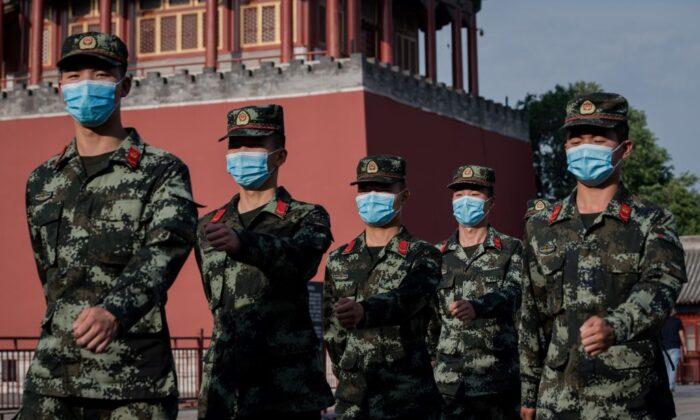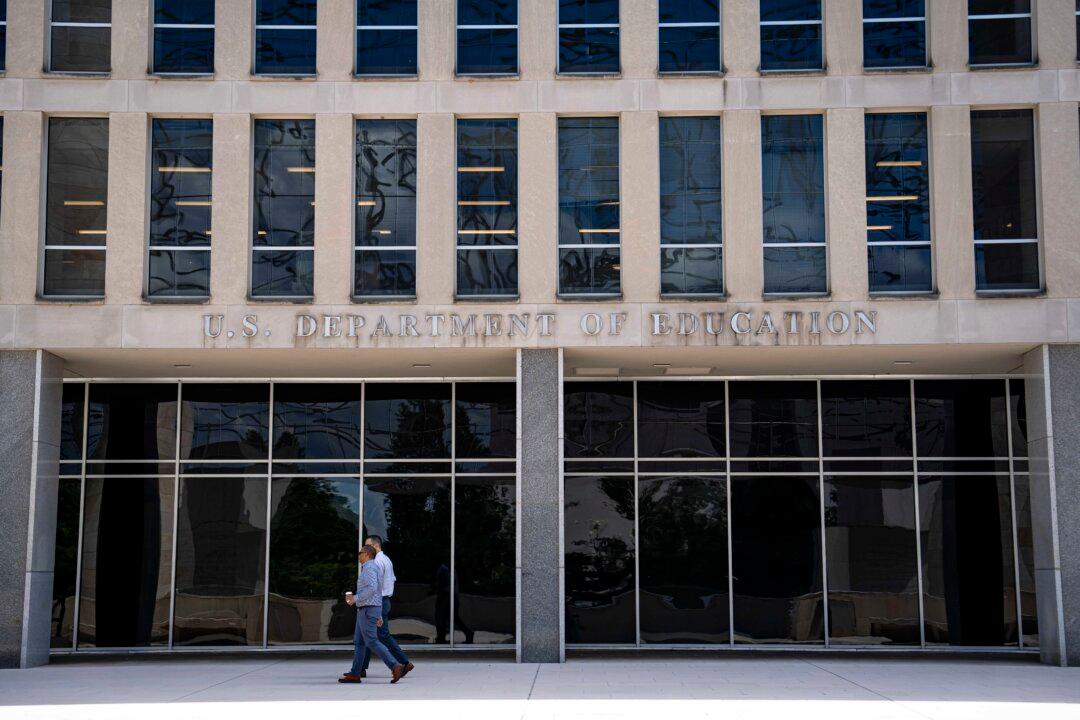The United States is at risk of surrendering its leading role on the world stage to China unless the U.S. government and intelligence community redirect their long-misplaced focus and resources to address the profound, yet poorly understood threat posed by Beijing, the House Intelligence Committee warned in a new report.
“Absent a significant realignment of resources, the U.S. government will fail to achieve the outcomes required to enable continued U.S. competition with China on the global stage,” the committee, headed by Rep. Adam Schiff (D-Calif.) stated in the report.
The Wednesday report, based on hundreds of hours of interviews with intelligence officers and thousands of analytic assessments, found that the U.S. intelligence community’s long-standing focus on counterterrorism and regional issues of the Middle East after 9/11 had rendered other intelligence capabilities “atrophied” amid Chinese communist regime’s “unique and growing strategic challenge” to U.S. national security.
“While the United States was busy engaging al Qaeda, ISIS, and their affiliates, offshoots and acolytes, Washington’s unchallenged dominance over the global system slipped away,” the report said, adding that China has “used the past two decades to transform itself into a nation potentially capable of supplanting the United States as the leading power in the world.”
The 37-page partially redacted report summary stated that intelligence agencies have placed not enough emphasis and focus on “soft,” long-term threats from China, including infectious diseases and climate change, and their potentially devastating and destabilizing effects on American lives.
The global CCP virus pandemic, according to the report, has exposed Washington’s lack of understanding of China’s decision-making system, especially the internal dynamics within the CCP’s central and provincial leaderships. Conversely, Beijing has invested consistent efforts into forging ties with state and municipal-level decisionmakers in the United States, developing a comprehensive picture of the nation’s sub-national dynamics.
“The stakes are high,” the report read. “If the IC does not accurately characterize and contextualize Beijing’s intent, America’s leaders will fail to understand the factors that motivate Chinese decision-making. If policymakers do not understand how and why Beijing makes decisions, they will struggle to develop policies that result in outcomes favorable to U.S. interests and global security overall.”
The report did not explicitly place blame on either the intelligence community or Trump administration for the shortcomings it described, but rather pointed out that the United States, over the post-9/11 years, has been acting slowly in the transition from counter-terrorism to addressing the Chinese threats.





